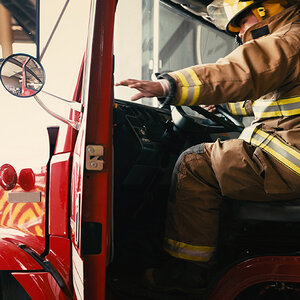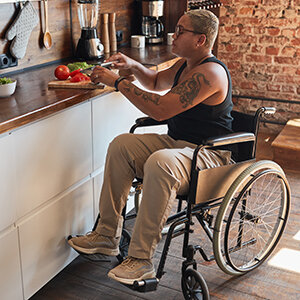Bay Area Disaster Preparedness Initiative Launched With Hewlett Foundation Grant
The San Francisco-based Fritz Institute has announced the launch of the Bay Area Preparedness Initiative (BAPI), a comprehensive program that brings together leaders from government, private industry, and the nonprofit and philanthropic sectors to identify gaps in disaster preparedness and develop solutions to address them.
To help launch what is believed to be the first cross-sector disaster preparedness partnership of its kind in the United States, the William and Flora Hewlett Foundation in Menlo Park, California, has awarded $1 million to the institute. Other major contributors to the effort include the San Francisco Foundation, the Walter & Elise Haas Fund, and the Pacific Gas & Electric Co.
Initially, BAPI will focus on a major research effort to assess the vulnerability of San Francisco's most at-risk populations and the response capacity of the community-based human service and faith-based organizations that support them during and after a disaster. Little information exists about the disaster-response capacity of such organizations, and there is no evidence base to provide a roadmap for building their capacity.
To fill the gap, the Fritz Institute — working with the City of San Francisco, the United Way of the Bay Area, and the American Red Cross Bay Area chapter — will lead a study to explore how government and philanthropic leaders can best support the region's civilian first-responders. The institute also hopes that the initiative will serve as a catalyst for a national discussion on how the nonprofit and faith-based sector can more effectively partner with uniformed first-responders and city and state infrastructure groups in serving local citizens in disaster situations.
"Our ultimate goal," said Lynn Fritz, "is to work in partnership with government, nonprofit organizations, the local business community, and philanthropy to establish processes and standards that will not only save thousands of Bay Area lives in the event of a disaster, but will...serve as a model that can be adapted throughout the country."






